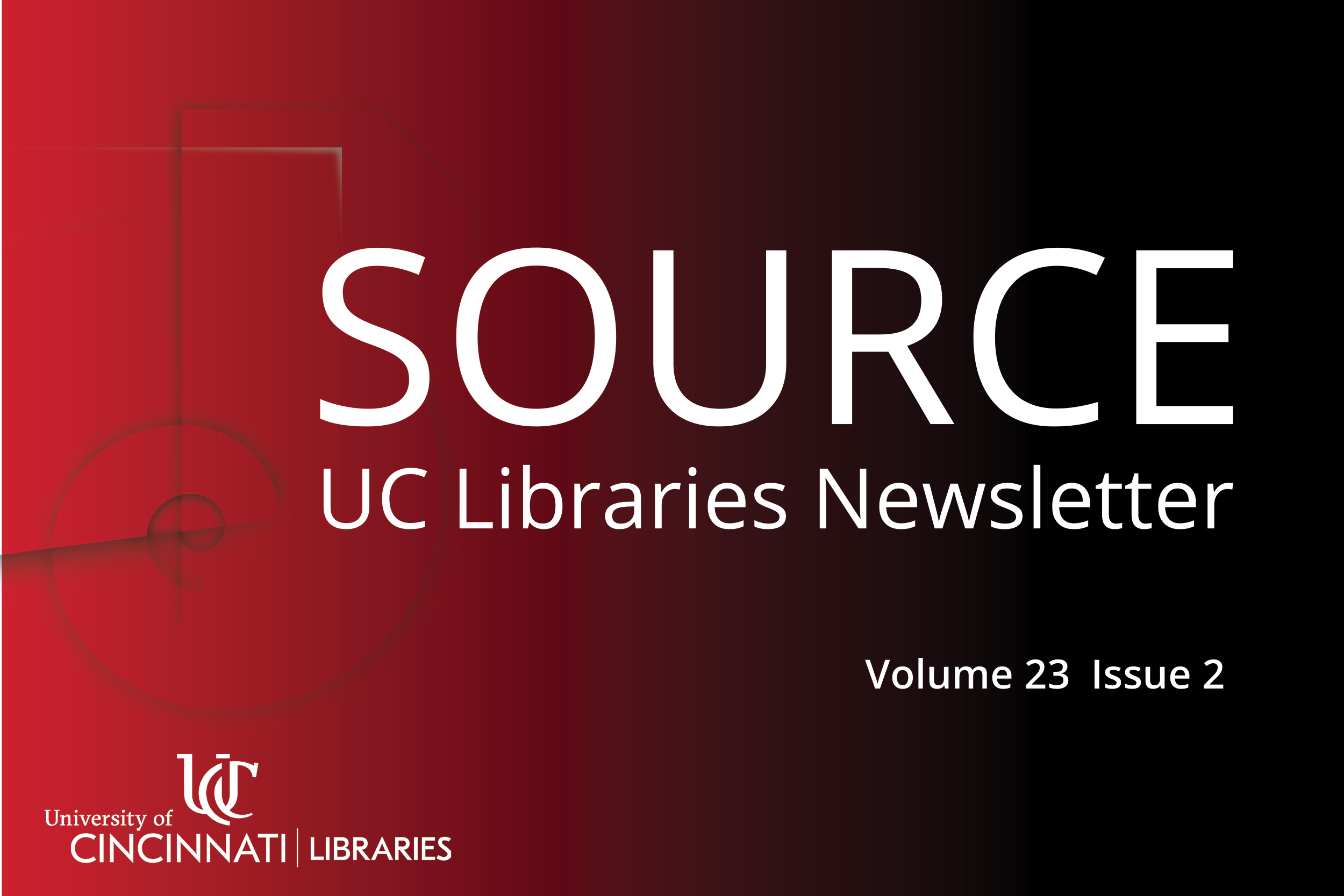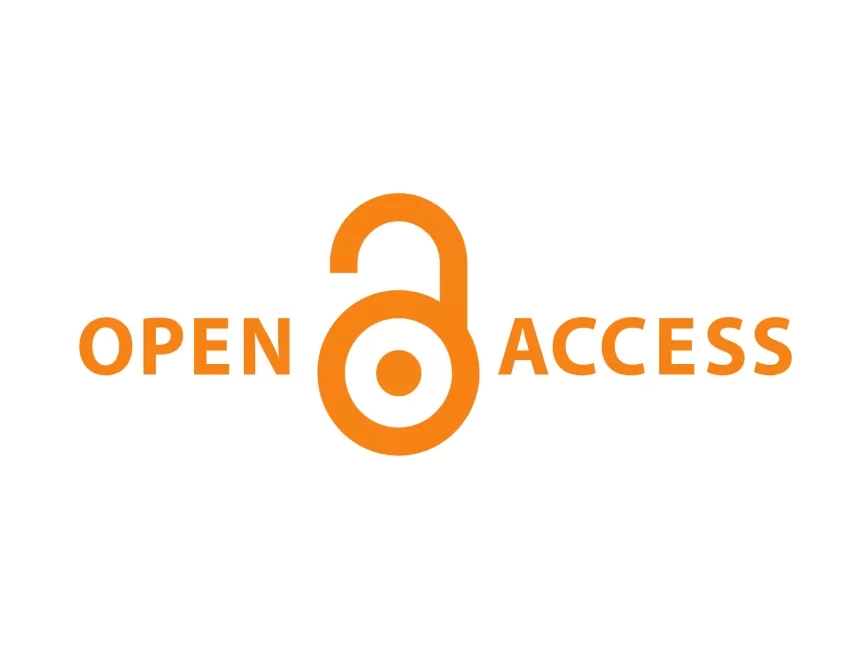
Read Source, the online newsletter, to learn about the news, events, people and happenings in UC Libraries.
In this issue of Source, Liz Kiscaden, dean and university librarian, writes about how UC Libraries is taking advantage of funding opportunities to Invest in Strategic Priorities. The Archives and Rare Books Library announces receipt of a national grant to process historic Cincinnati schools desegregation case records.The Carl Solway Gallery Archive in the Robert A. Deshon and Karl J. Schlachter Library for Design, Architecture, Art and Planning (DAAP) Library is featured. Ted Baldwin, head of the Sciences Libraries, writes about how the razing of the iconic Crosley Tower will necessitate the move of the current Chemistry-Biology Library space to Braunstein Hall where it will merge with the Geology-Mathematics-Physics Library to become the Science Library opening fall semester.
Beginning in 2025, the Preservation Lab expanded its mission to provide expertise and services to the larger cultural heritage community, moving to a regional lab model. Under this new model, the Preservation Lab is now entirely managed, staffed and equipped by the University of Cincinnati. Two articles: Re-introducing the Preservation Lab and Exploring Historical Bindings: A Hands-On Workshop at UC’s Archives and Rare Books Library celebrate the Preservation Lab. Open Access publishing opportunities are discussed in this issue and upcoming Library Events are listed.
Read these articles, as well as past issues, on the website. To receive Source via e-mail, contact melissa.norris@uc.edu to be added to the mailing list.


 Starting January 1st, 2022, the full journal portfolio of the American Astronomical Society (AAS) are now completely open access. The journals include the
Starting January 1st, 2022, the full journal portfolio of the American Astronomical Society (AAS) are now completely open access. The journals include the